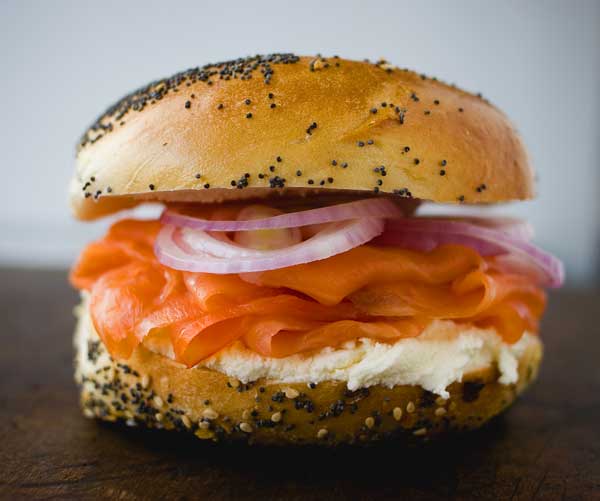 As we get older, our priorities and beliefs change, sometimes causing religious practices to fall to the wayside. Despite her views, Weitzner explains why she’s decided to fast on Yom Kippur this year.
As we get older, our priorities and beliefs change, sometimes causing religious practices to fall to the wayside. Despite her views, Weitzner explains why she’s decided to fast on Yom Kippur this year.
Rule number one about having a Jewish mother: never, ever, say “no.” At least to her face.
I made that mistake around this time last year when she asked me if I would be fasting for Yom Kippur. My “no” threw her into a whirlwind of emotions: What kind of daughter had she raised? Did tradition mean nothing to me? Had I forgotten my eight years of Jewish day school education? The worst part was having to just sit and listen to the entire breakdown on the phone. This year, she asked me the same question. I answered yes, but not to avoid Nagging Jewish Mother: Episode II.
I’ll be real: I’m not fasting to fulfill the tradition reasons behind it. In Judaism, the Day of Atonement is the holiest day of the year, filled with a lot of praying and a whole lot more fasting. A full twenty-four hours to be exact. Yom Kippur is supposed to be the day that Jews pray and hope for God to decide whether or not to inscribe their names in the Book of Life. Believe it or not, Catholics aren’t the only ones who reflect on and confess their sins. Above all else, Yom Kippur is all about the three R’s: repenting, resolving, and reciting.
First, we repent all of our sins, then we resolve how we won’t ever permit ourselves to commit them again and finally, we recite Vidui—repentance prayers—an innumerable amount of times throughout the day’s five prayer services. If you’re a Jew on Yom Kippur and you mean serious business, you’ll go all out with the traditions: no eating or drinking, no wearing leather shoes, no bathing or cleansing of any sort, no perfume or lotions and no marital relations. Harsh. The symbolic refraining from these activities is supposed to parallel the Biblical expulsion from the Garden of Eden and return our souls to a pristine state.
These activities are supposed to make you and your body uncomfortable. They certainly won’t kill you for a day, but they still suck. Judaic teachings say that the physical discomfort makes one’s soul uncomfortable, allowing for self-reflection and focus.
That’s why I told my mother I’d be fasting this year. Not for the uncomfortable part, but for the self-reflection part. I’m not religious in the sense that I believe God will be watching me all day and determine if I deserve to be in the Book of Life based upon whether or not I have a Buffalo Chicken Salad for lunch.
I do, however, respect the tradition of remembrance that comes with fasting. Fasting makes me remember my connection to thousands of years of culture and history. Fasting allows me to remember my grandmother’s story of survival during the Holocaust and the hunger both she and her family suffered on a daily basis. Fasting reminds me that I’m a lot stronger than I think I am and that will power is something I can cultivate when I set my mind to it.
I’m going to use Yom Kippur as a day of stepping back from my daily routine and reflecting on how fragile the body is, how dependent we are on food and water and to understand the precious resources and abundances we take for granted every day.







Be First to Comment